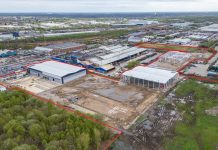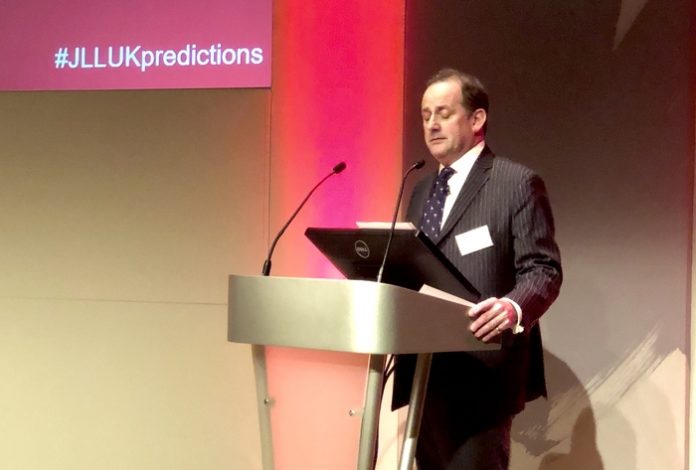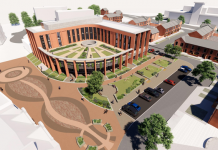The drive for net zero carbon buildings will be a major focus for Birmingham’s property market in 2020 say JLL.
JLL predicts that Birmingham’s investors and developers will seek to address carbon footprint as a priority. This is evidenced by a recent live 60,000 sq ft office requirement specifying Net Zero Carbon as a priority in their relocation decision making process.
Jonathan Carmalt, director office agency explained: “2019 was the year that the UK woke up to the climate emergency and 2020 is the year we’ll start to see this impact on the office market.
“We are currently working with a number of clients to navigate what Net Zero Carbon buildings means for their portfolios as it starts to become part of the mix of requirements, as awareness rises and new initiatives to tackle pollution in the cities come into force.
“Birmingham launches its Clean Air Zone later this year and the West Midlands Combined Authority recently published its #WM2041 consultation document, intended to start the conversation on tackling climate change.
“With 60 to 80 per cent of energy consumption and 75 per cent of carbon emissions coming from the world’s cities and 40 per cent from commercial buildings, you can see the urgency to address the climate crisis in Birmingham and the West Midlands, especially when population figures are expected to grow significantly.”
The emphasis on the environment is also creating a greater focus on social value in the real estate world and a drive for profits with purpose says Ian Cornock lead director, the Midlands region: “We’ve seen the huge commitment property companies such as IM Properties and Prologis are putting into their social value programmes, looking at both the social as well as economic impact their new developments are having on communities.”
The moves towards more responsible property is against a backdrop of a buoyant start to the year for Birmingham property, with investors who previously sat on the side-lines returning to the city to benefit from attractive growth prospects and developers competing for prime urban logistics sites driven by e-commerce.
Ben Kelly director, capital markets for JLL, said Birmingham’s prime yield of 4.75% looks very attractive in global terms and would help stimulate an immediate bounce after the EU exit deal at the end of January.
“Usually we believe activity is weighted to the end of the year, however, Birmingham’s strong investment dynamics combined with the political climate, will undoubtedly see overseas and some domestic investors competing for opportunities in the city.”
Urban logistics, however, will continue to see the strongest performance of any sector, driven by continued demand for same-day delivery and a growing younger population in the city.





















